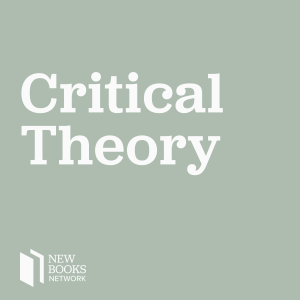
Samuel Moyn, "Humane: How the United States Abandoned Peace and Reinvented War" (FSG, 2021)
 2021-11-10
2021-11-10
Download
Right click and do "save link as"
Geographic and temporal limits have typically contained modern wars—rulers can ask their populace to risk lives and treasure for so long before losing legitimacy. But wars have also been horrifyingly unlimited in cruelty. Over the course of the past two decades, American activists and government officials have sought to make war less cruel and more humane. The consequence of this, Samuel Moyn argues in his well-reasoned and polemical book Humane: How the United States Abandoned Peace and Reinvented War, has been the elimination of those earlier geographic and temporal guardrails on war. And the evidence isn’t hard to find. The contemporary US military may leave a smaller body count than it did during, say, the Vietnam War, but it has also entered the third decade of a War on Terror across a so-called “global battlefield.” This scope is unprecedented.
Humane: How the United States Abandoned Peace and Reinvented War (FSG, 2021) is a book about war and peace, specifically about how Americans have “made a moral choice to prioritize humane war,” rather than a “peaceful globe.” And, as the United States wraps up its occupation of Afghanistan but continues to pursue its global War on Terror, this is a choice that Americans need to grapple with. In my conversation with Moyn, we discuss everything from Tolstoy’s critique of humane war and the rise of the peace movement to the Obama administration’s role in smashing the geographic and temporal limits of war.
Learn more about your ad choices. Visit megaphone.fm/adchoices
Support our show by becoming a premium member! https://newbooksnetwork.supportingcast.fm/critical-theory
view more
More Episodes
012345678910111213141516171819
Create your
podcast in
minutes
- Full-featured podcast site
- Unlimited storage and bandwidth
- Comprehensive podcast stats
- Distribute to Apple Podcasts, Spotify, and more
- Make money with your podcast
It is Free
- Privacy Policy
- Cookie Policy
- Terms of Use
- Consent Preferences
- Copyright © 2015-2024 Podbean.com





